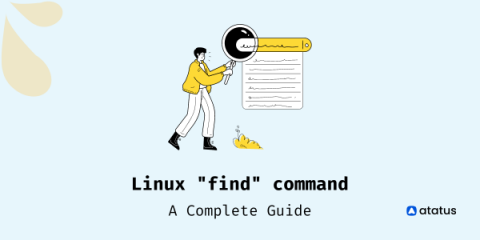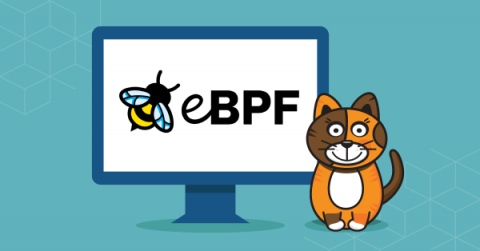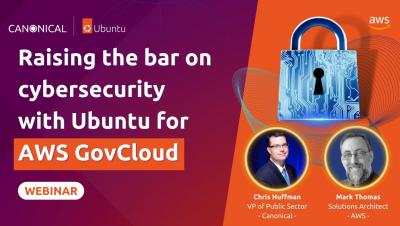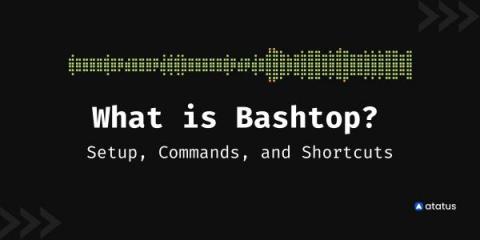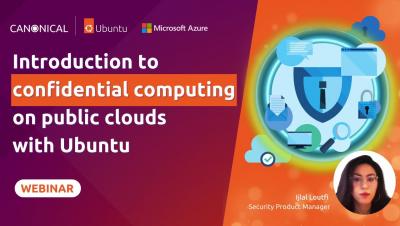Monitor Alpine Linux ARM Hosts with AppSignal
Today, we're launching ARM support for machines running Alpine Linux. This feature is available for our Ruby and Elixir users! We hope to add support for Alpine Linux ARM to our Node.js package in the future. The ARM CPU architecture is becoming more and more popular. As it powers people's development machines and production servers, we decided to add it to the list of the operating systems we support.




